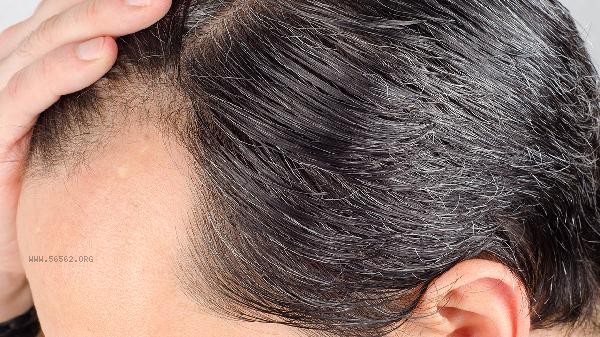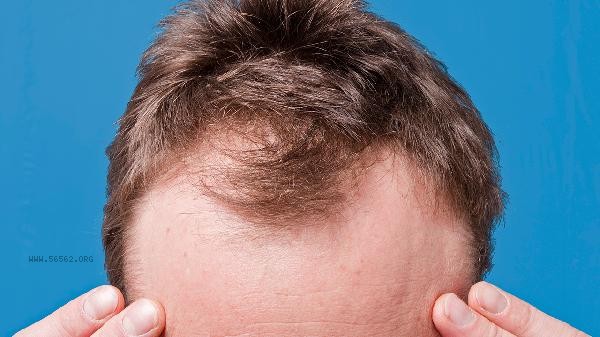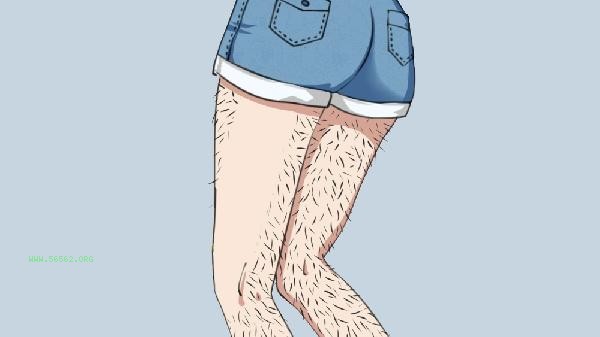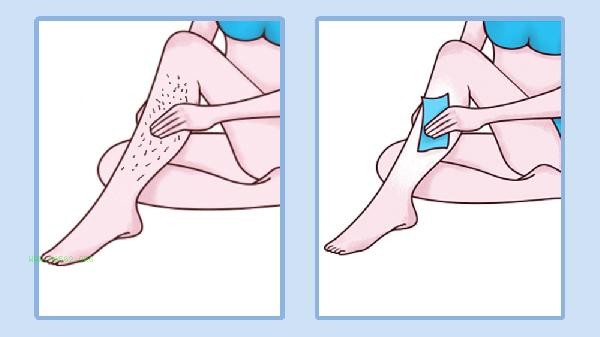Whitening hair generally does not lead to more hair being pulled out, but it may damage hair follicles or cause local inflammation. The increase in white hair is mainly related to the decline of melanocyte function in hair follicles, and the act of removal itself does not affect the activity of surrounding hair follicles. The formation of white hair is the result of a gradual decrease or cessation of pigment production by melanocytes in hair follicles, which is a natural aging phenomenon. Single removal of white hair will not stimulate the surrounding healthy hair follicles to change their pigment secretion status, but repeated violent pulling may cause mechanical damage to the hair follicles. If micro scars occur after hair follicle damage, it may affect the growth space of new hair, but it will not directly lead to abnormal proliferation or apoptosis of melanocytes. In rare cases, frequent removal of white hair may lead to folliculitis. When the hair pulling action is unclean or the force is too strong, bacteria may invade through the hair follicle opening, causing local redness, swelling, and pain. Chronic inflammation may indirectly interfere with the hair follicle microenvironment, but such situations require long-term repeated stimulation to occur. Clinical observations have shown that there is no clear correlation between normal hair pulling behavior and the number of white hairs. Genetic factors, mental stress, and nutritional status have a more significant impact on white hair.

Preventing the increase of white hair requires attention to scalp health and overall body conditioning. Maintain a regular daily routine to reduce oxidative stress, consume foods containing copper, zinc, and vitamin B12 such as nuts, deep-sea fish, and animal liver, and avoid excessive chemical stimulation such as scalding. If abnormal hair loss or changes in local hair density are found, it is recommended to seek medical attention promptly to investigate potential diseases such as thyroid dysfunction and vitiligo.











Comments (0)
Leave a Comment
No comments yet
Be the first to share your thoughts!